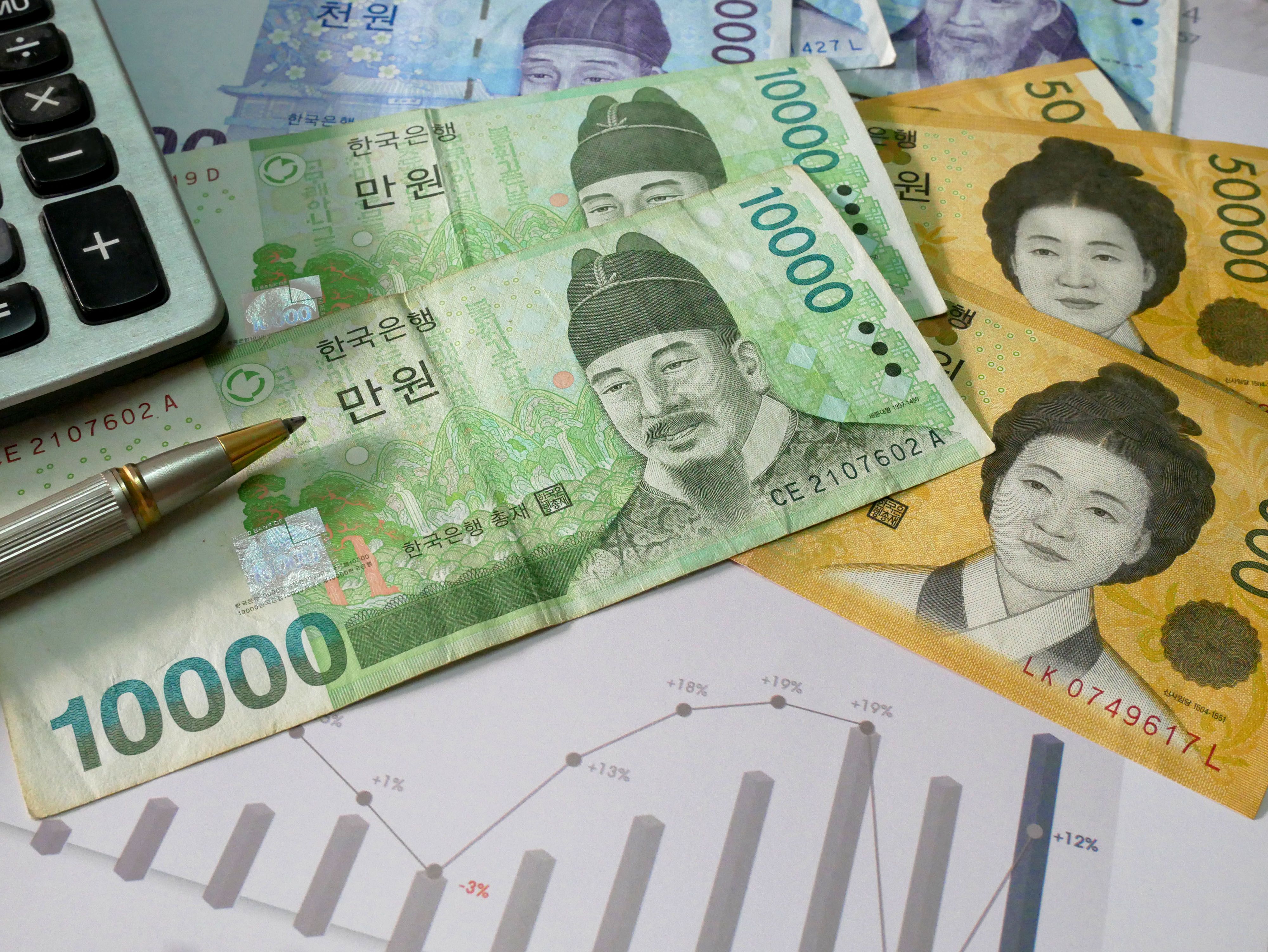South Korea's Central Bank Open to Won-Pegged Stablecoin
South Korea's Central Bank Explores the Potential of a Won-Pegged Stablecoin
In a significant move towards embracing digital currencies, South Korea's central bank has expressed openness to the idea of a won-pegged stablecoin. This development is part of a broader exploration of how digital currencies can be integrated into the country's financial system. As the world rapidly shifts towards digital finance, South Korea is positioning itself as a forward-thinking player in the global market.

The Role of Central Bank Digital Currencies (CBDCs)
Central Bank Digital Currencies (CBDCs) have become a focus for many nations aiming to enhance their monetary systems. By developing their digital currencies, countries seek to improve transaction efficiency, reduce costs, and increase the accessibility of financial services. South Korea's interest in a won-pegged stablecoin reflects this global trend and highlights the nation's commitment to technological innovation.
CBDCs are seen as a solution to various challenges faced by traditional currencies, such as countering illegal financial activities and minimizing the risks associated with the current cash-based system. The introduction of a won-pegged stablecoin could potentially streamline financial transactions and provide a more stable and secure form of digital currency for both domestic and international use.

Advantages of a Won-Pegged Stablecoin
A won-pegged stablecoin would offer several advantages to South Korea's economic landscape. Firstly, it would provide stability by maintaining a consistent value tied directly to the South Korean won. This peg would help mitigate the volatility often associated with other cryptocurrencies, making it a more reliable option for everyday transactions.
Additionally, a stablecoin could enhance the efficiency of cross-border payments, reducing both time and costs involved in international transactions. By leveraging blockchain technology, these transactions can be executed more rapidly and securely, fostering greater economic integration with global markets.

Challenges and Considerations
While the potential benefits are significant, there are also challenges to consider when implementing a won-pegged stablecoin. Regulatory frameworks must be established to ensure the stability and security of the currency. Issues such as data privacy, cybersecurity, and monetary policy implications need careful examination to maintain public trust and financial stability.
The central bank must also collaborate with financial institutions and technology partners to develop the necessary infrastructure for widespread adoption. This involves creating robust systems for issuing, distributing, and managing the stablecoin while ensuring seamless integration with existing financial networks.
Global Implications and Future Prospects
The introduction of a won-pegged stablecoin could position South Korea as a leader in the digital currency space. It may encourage other countries to explore similar initiatives, potentially leading to increased global adoption of stablecoins. This shift could transform international finance by creating a more interconnected and efficient global economy.
As South Korea continues to explore this innovative financial frontier, it will be crucial for policymakers to balance innovation with regulation. By doing so, they can ensure that the benefits of digital currencies are realized while minimizing potential risks.

In conclusion, South Korea's openness to a won-pegged stablecoin represents a forward-looking approach to modernizing its financial system. As this initiative progresses, it will be essential to monitor developments closely, not only for their impact on South Korea but also for their potential influence on the global financial landscape.
